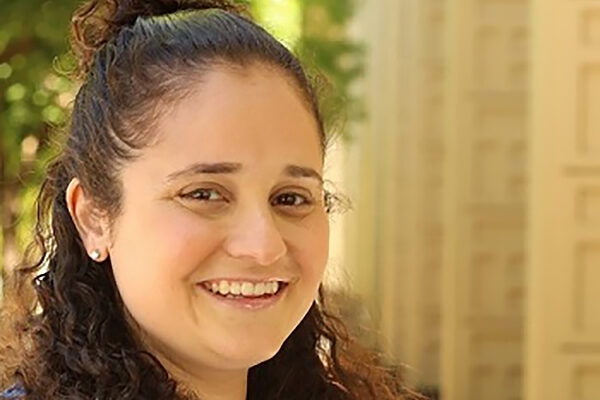Tobacco control experts Douglas Luke and Todd Combs of Washington University in St. Louis would welcome regulation of e-cigarette commercials on television and radio. But an advertising ban, as recently suggested by a member of the Federal Communications Commission (FCC), should be part of a broader plan to curb the vaping epidemic among America’s youth, they said.

In addition to potential federal action, Luke and Combs would like municipalities and states to exercise their considerable power to regulate e-cigarettes through excise taxes, restrictions of flavored tobacco products and public smoking bans.
“Historically, tobacco control has worked when all three levels of government — local, state and federal — take action,” said Luke, professor at the Brown School and director of the Center for Public Health Systems Science. “Excise taxes on the state level and smoke-free policies that happen at the community level are also important.”

“Communities will be the laboratories that discover new ways to protect kids from these emerging products,” added Combs, research assistant professor at the Brown School and assistant director of the center.
Earlier this month, FCC commissioner Jessica Rosenworcel called for the FCC to study whether e-cigarette advertising should be banned on radio and television like combustible cigarettes. Given she is a member of the Democratic minority, it’s unlikely that her proposal will advance. And opponents argue the First Amendment protects the industry’s right to advertise.
Luke believes Rosenworcel’s argument is solid. The FCC has the power to regulate broadcast advertising that impacts the public interest, and “public health is in the public interest,” he said.
Still, a ban would not shield young people from so-called point-of-sale marketing in retail outlets. When federal law banned cigarette commercials, the industry invested heavily in on-site marketing. Manufacturers of e-cigarettes, which are not covered by existing federal regulation, likely would do the same.
“The vast majority of marketing dollars is not television or radio; it’s direct marketing to consumers,” Luke said. “Marketing at point of sale, whether it’s discounts or displays or promotional items, is a million-dollar-an-hour business for the industry.”


